There’s a weight to it—the first time you do it. The hesitation before pressing 9. Then the 1. And then the 1 again. It’s not just the numbers. That’s only what they mean. What makes it heavy is the weight of the choice. The moment when time stops, your heart skips a beat, and that silent admission… that something has gone wrong. That I am not okay. That we are not okay. And you, or someone you know, are indeed not okay, and are, in fact, in desperate need of help.
My year began by calling 911. When a frantic, unsettled knock occurred at my door. I opened it. And standing there was a girl. Barely a teenager. Eyes wide with terror, claiming:
“My parents are trying to murder me.”
And that’s when I knew: 2025 was going to be a bad year…
I’m being honest: the reason my column is so damn late is that everything has been awful lately. I’m genuinely shocked that I’ve been able to stay on top of the work. Before the wildfires in California, before the tariffs and Diamond bankruptcy news, and really, before the complete and continual chaos that has been 2025, my year started with a kid in distress and a survival story you’d never believe… but legally, I can’t say anything more than this.
All I can say is that I listened to that girl’s story. Social services got involved, as did the police. I keep asking myself if I did enough. Did I do the right thing? Despite the many thanks and all evidence to the contrary, I can’t help but feel like every decision I make lately, is feeling like the wrong one.
For anyone new to this column, Monomythic is where I share more of my genuine thoughts, findings, and musings. It’s a place where The Beat allowed me to write a little bit more freely—some insights into businesses, politics, and trends and talk about what’s next, as I’ve become… startlingly good at it.
I started the column at the beginning of the year with this very well-received piece, and I was genuinely surprised by the amount of outpouring and love the column had gotten. It was A LOT more people than I expected, and a hell of a lot of surprising kudos from industry folks.
Plus, if I’m being real for a second, this next part is difficult to write. To do this, I needed to 8 Mile style my approach–which, for you non-millennials, was a movie back in the 2000s where the rapper Eminem won a controversial rap battle against Captain America over a plate of Mom’s Spaghetti.
But for this to work, I needed to become unflinchingly open about my fallacies. Get personal. Get real. Show you where I’m coming from. Given I also just turned 37, I’m acknowledging how old I’ve gotten. How much time has passed. My fear of what’s to come. My uncertainty on what to do next.
To be candid about it, I think traditional journalism is dying. Most of the media is owned by the same six mega media conglomerates, more so invested in profitability and appeasing shareholders. It’s why I support non-profit media coverage and local news when I am able to. It’s why I also love the Associated Press.
It is for this very same reason that what’s taken over on this side of things is the media influencer. YouTubers, Social Media personalities, and Podcasters – those who push genuine connection so long as it grows or makes a dollar. Accountability, as we’ve seen from celebrities like Hawk Tua girl or their meme coins, is quite terrible. But the growth levels? What’s trending? That’s the key in an attention economy – and right now, most of that is zapped via geopolitics.
If what makes one successful is a “personality” in the era of Reality TV-Tok-Stagrams, then I’d rather give you my genuine one. Share my background and insights as to why I hold the opinions.
More importantly, I want to showcase a vast range of knowledge of business, entertainment, and the industry that I often forgo in showcasing for the sake of optimizing an algorithm for visibility.
I hate how generic my writing can be here at times, but I want you to know that it’s because I do craft it more for the machine. Writing this way gets it read more on search, which is what publishers and indie folks want, despite all talk of quality over content from search results. And no, I’m not exactly thrilled about it either.
So here’s the truth. At least my truth of how I currently see the world. Everything is terrible. Everyone’s full of bullshit. We need to find hope in ideas outside of the norm… Which is where I find value in stories.
On Mental Health and The Need for Monomythic
Before journalism, I was a mental health specialist working with clients with a history of severe mental illness, often schizophrenia and bipolar disorder. It was the kind of population of people who came in and out of institutions, often with very disturbing criminal records.
My first day on the job, one of my coworkers was violently assaulted the night before, beaten up to kingdom come, and hospitalized after being attacked by a patient. Naturally, I picked up all of their shifts as they recovered for months and went about doing the job anyway, with doe-eyed hopeful thoughts, that what I was doing was making a difference – me being there, was important. It was rehabilitation back into society after all – the first step in getting better. Duties including being teacher, babysitter, driver, medical coordinator, and a whole lot of roles we were never really paid for…
I’ve joked about this in the past with many notable writers and comic creators, that I’ve been around the real-life Arkham Asylum. But the truth is reality is often sadder, and almost always worse, than fiction…
My biggest critique of the depiction of mental health in fiction, in movies anyway, is that it’s often inaccurate. Too frequently, fiction glorifies mental illness as a means of self-reflection, seeking to tantalize and sensationalize the darker aspects of human nature. Think Joker, Fight Club, or American Psycho—in all its glorified psychopathy, or Donnie Darko, and by proxy the 1950s classic Harvey, which showed us the secrets of the invisible bunny rabbit. Yet, what all of these portrayals lack is an understanding that madness, the labeling of it anyway, is often used as a means of maintaining control.
In actuality, mental illness is–in the diagnostic data-driven sense talked about taken from the DSM-V–a person’s falling out with our radical categorizations of what we claim is a healthy, functional human being. It’s a sickness categorized by institutions about what mental illness is, without really talking about what mental illness isn’t. A definition crafted via a manual written mostly by well-off white men in lab coats despite the fact that this field is predominantly worked in by women.
Ironically, the practice of psychotherapy was created to address, if we’re going by demand and the sheer volume of patients, the plights of the poor, victims, those diagnosed with PTSD, and really, the plights of those living in poverty and on the streets… This of course, despite paying the best and often prioritizing, treatment of the very well-off.
Opinions differ then on how we view mental illness and/or health compared to the rest of the world (i.e. how we diagnose mental illness in the USA is different from how we would in the UK or China), and to make it worse, no one in the field has a universal standard of practice. As my favorite French philosopher, who is also my uncanny physical look-like, Michel Foucault would say:
“…If you are not like everybody else, then you are abnormal, if you are abnormal, then you are sick. These three categories, not being like everybody else, not being normal, and being sick are in fact very different but have been reduced to the same thing…”
Why is this all important? Because I was good at my job. I helped save a lot of lives. In the end, despite having it serve the purpose of getting by once I gave up on my dream of being a therapist, none of it was really worth it. And staying left me with more trauma than I cared to really share really during my time.
This is the reason I left mental health and became the person writing to you today. It’s why I am here taking my shot as a writer, because I’d rather do this than what I fought and saw and could have died for (quite literally), over back there.
Look, we live in dangerous times. It’s only going to get worse. I do think the issue of whether or not we are mentally ‘sick’ as a people of this country, will be called into question again within the next few years, but not in an actual assessment of wellness, disorder, or even our state of mental health; but rather, a dangerous new form of:
“Do you think in the right way?”
And that, to me, is a problem. Especially in a field that effectively grew in the US by Jews fleeing Nazi Germany, and all the PTSD that came came of war. The people in power and what they deem as ‘abnormal’ and ‘aberrant’ thought is going to be a hot topic at some point as we see more LGBTQIA people stripped of their rights, and as madness, comes to question in our democracy.
A big concern regarding the state of the comics industry and arts, in general, is that we’re all currently on the chopping block and subject to the whims of people with temper tantrums in desperate need of therapy. Yes, the violation of human rights occurring right now is not a new issue historically speaking. But the overwhelming acceptance of this all in recent truth… is.
This is why I must stress that addressing the problem starts with inspired ideas. They start with stories and self-expression. It allows us a safe space to embrace of that blood-boiling rage. A comfort to weep those cries of grief. Or, in our case, read a graphic novel about a potential conflict between Canada and the USA.
Stories. Comics. Business. It’s all interconnected with culture and thought. Whether we realize it or not, humans are innate storytellers. We’ve built gods and empires and nations around them. Comics being just one of its now older contemporary forms of expression, today.
Stories drive us to action in our long campaigns, offer entertaining distractions in difficult times, and then become our cherished memories as we reach life’s end. The birth of a child marks the beginning of a new story. A sales pitch to a company is, at its core, the art of selling a story. Hell, the totality of all of human life is just one strand of the story in the scheme of an infinite universe.
So I wanted to start this column by telling you mine.
Next Post:
Monomythic: You’re Not a Real Journalist


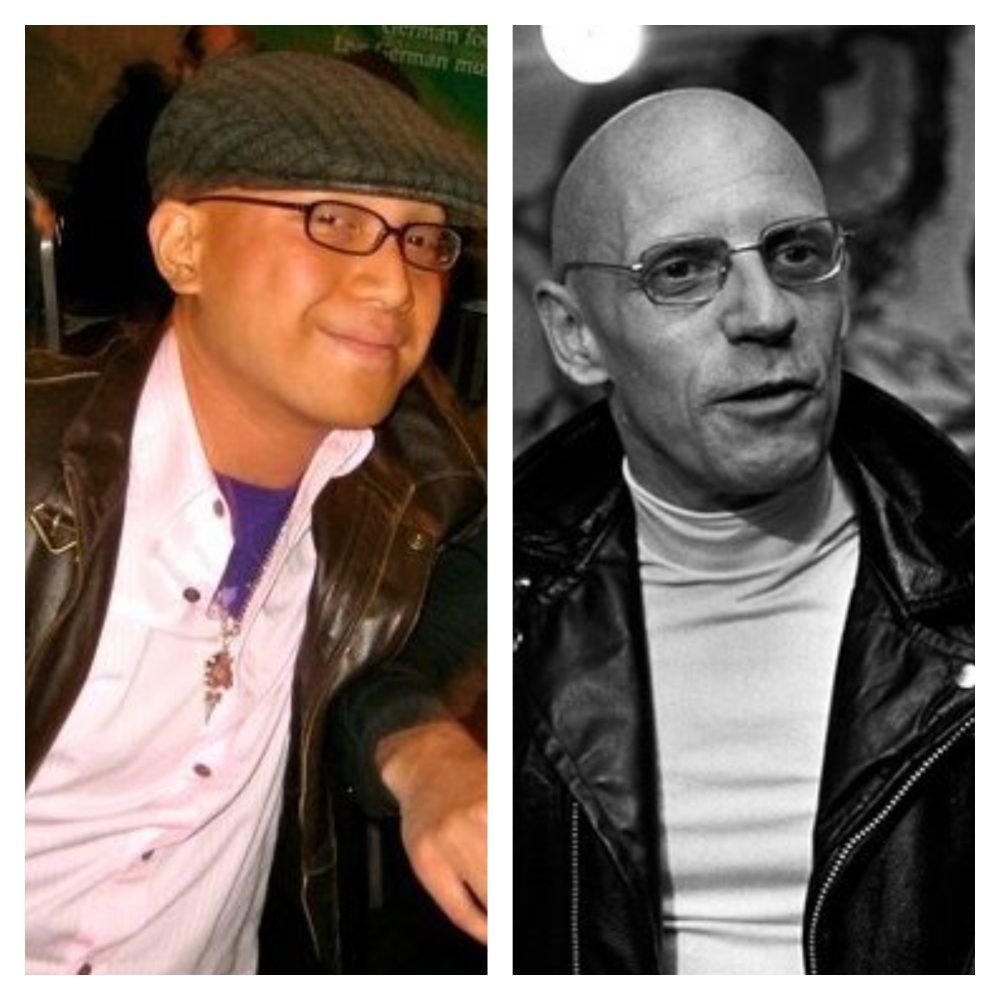



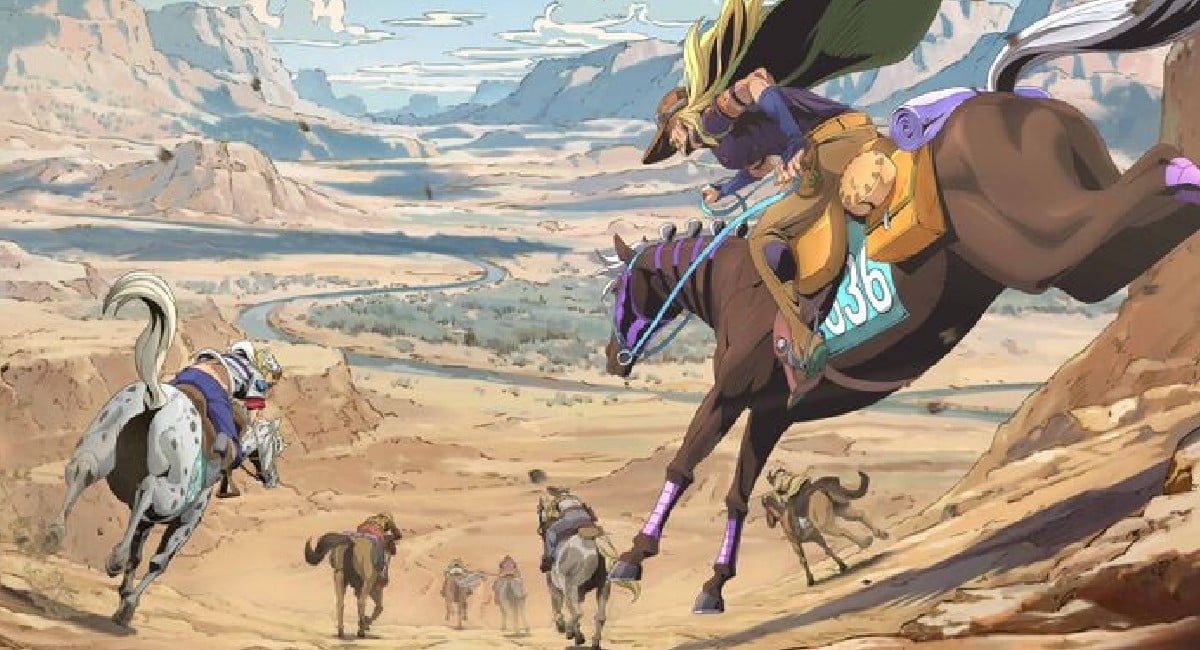

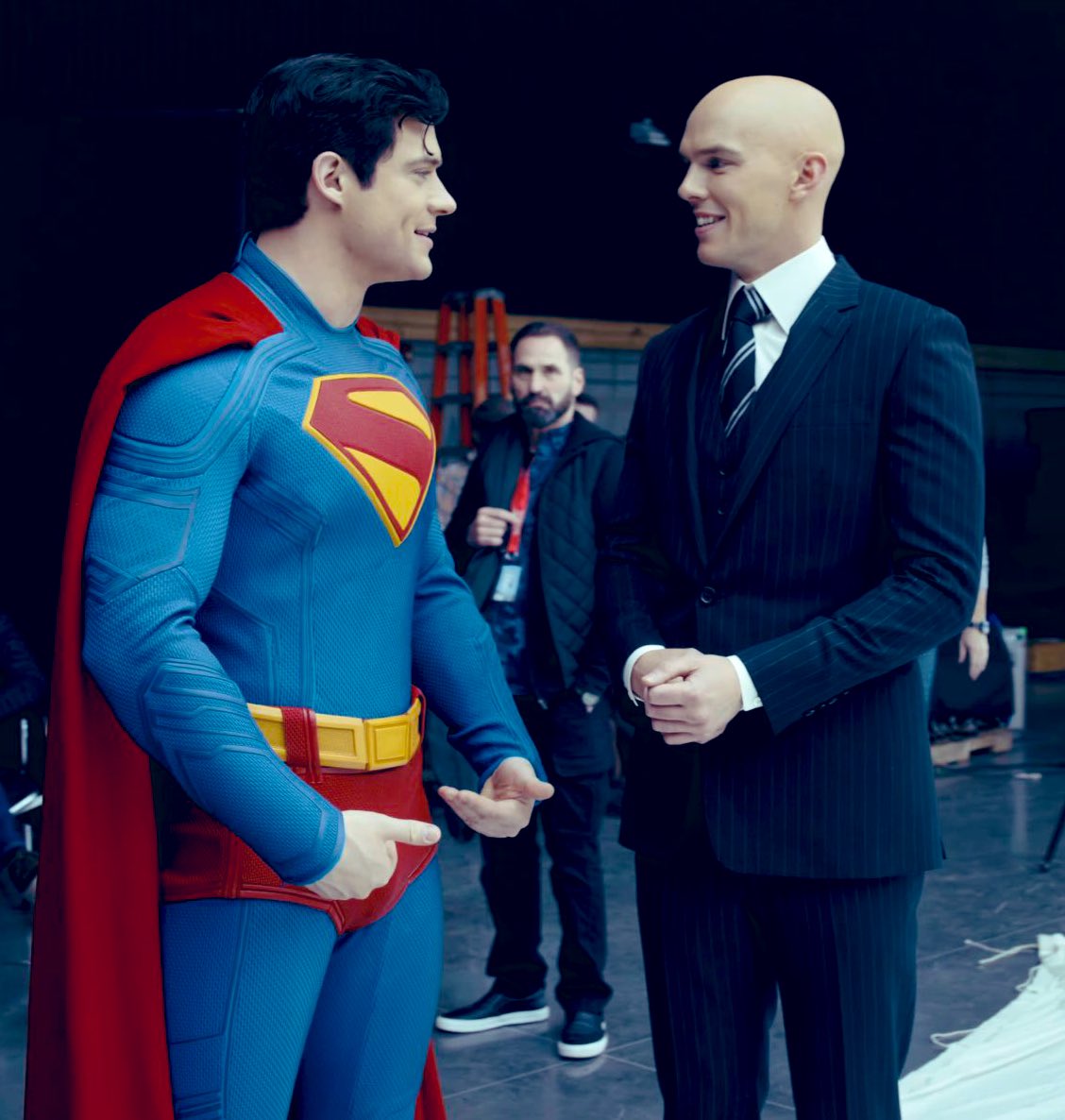
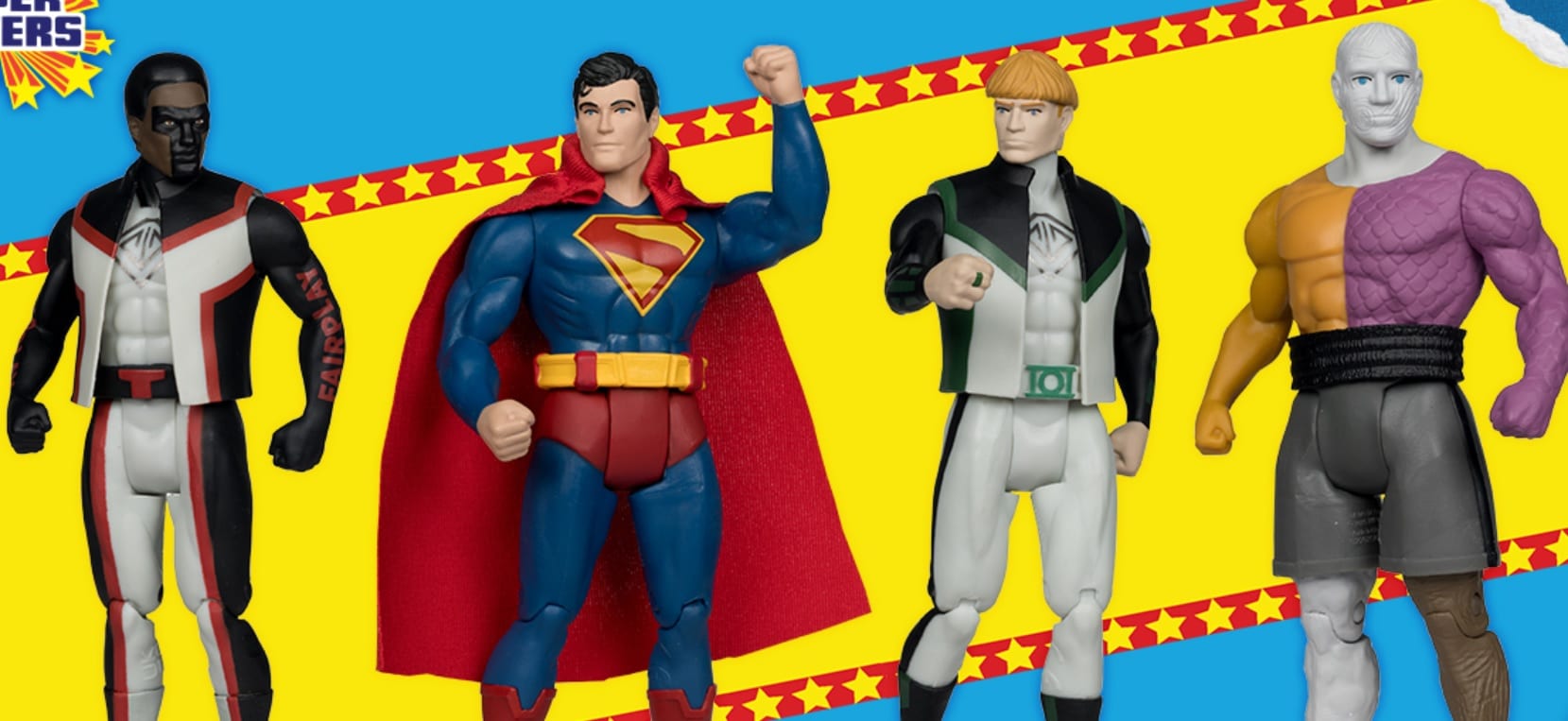



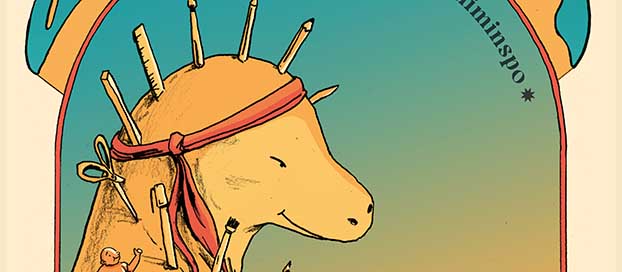
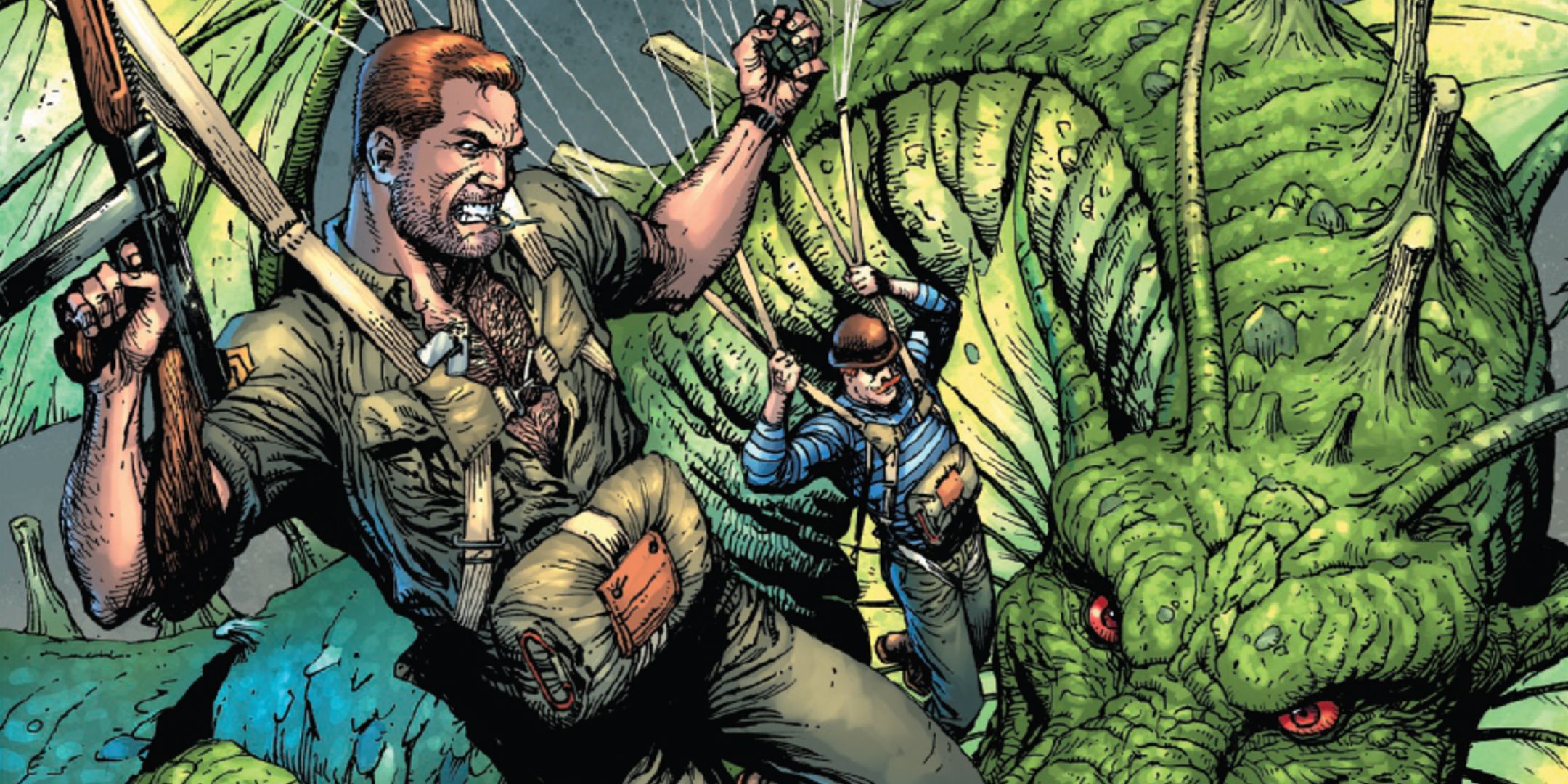


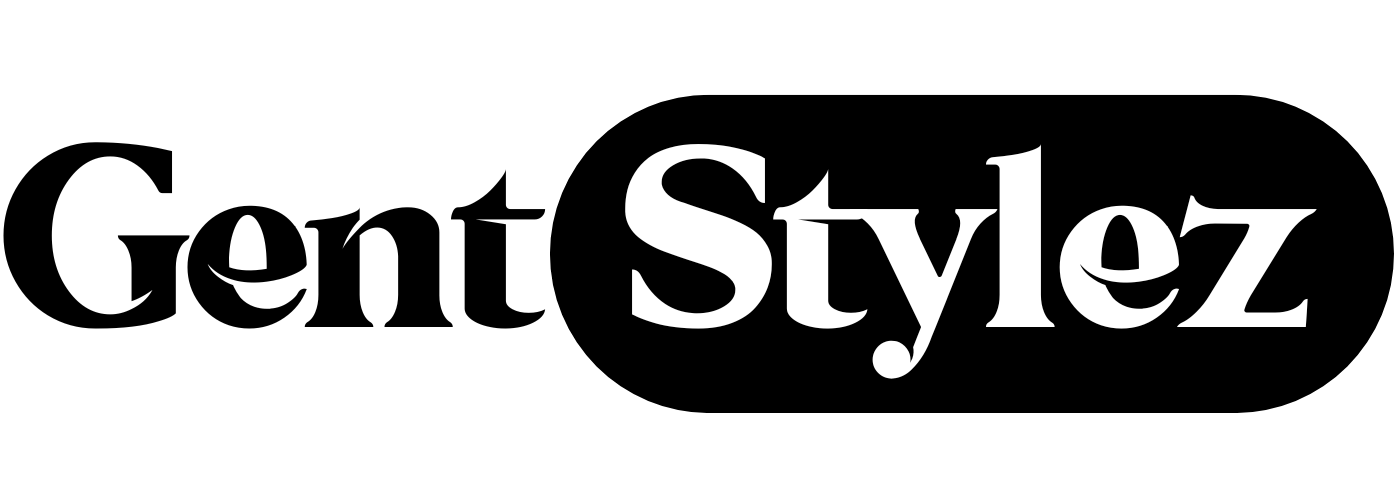
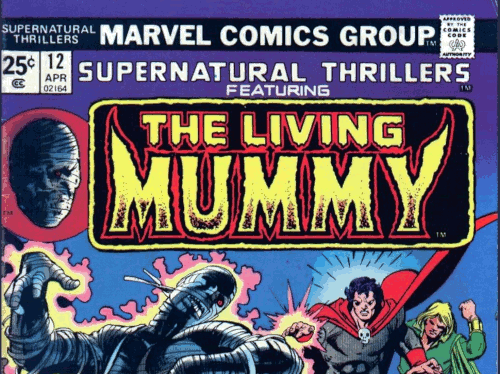


 English (US) ·
English (US) ·